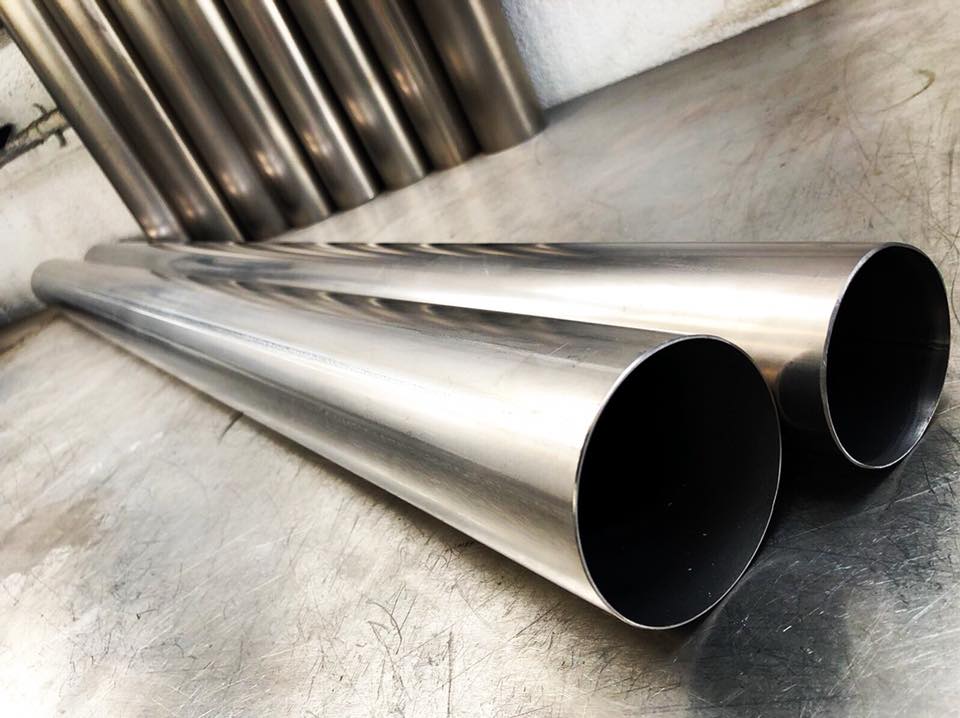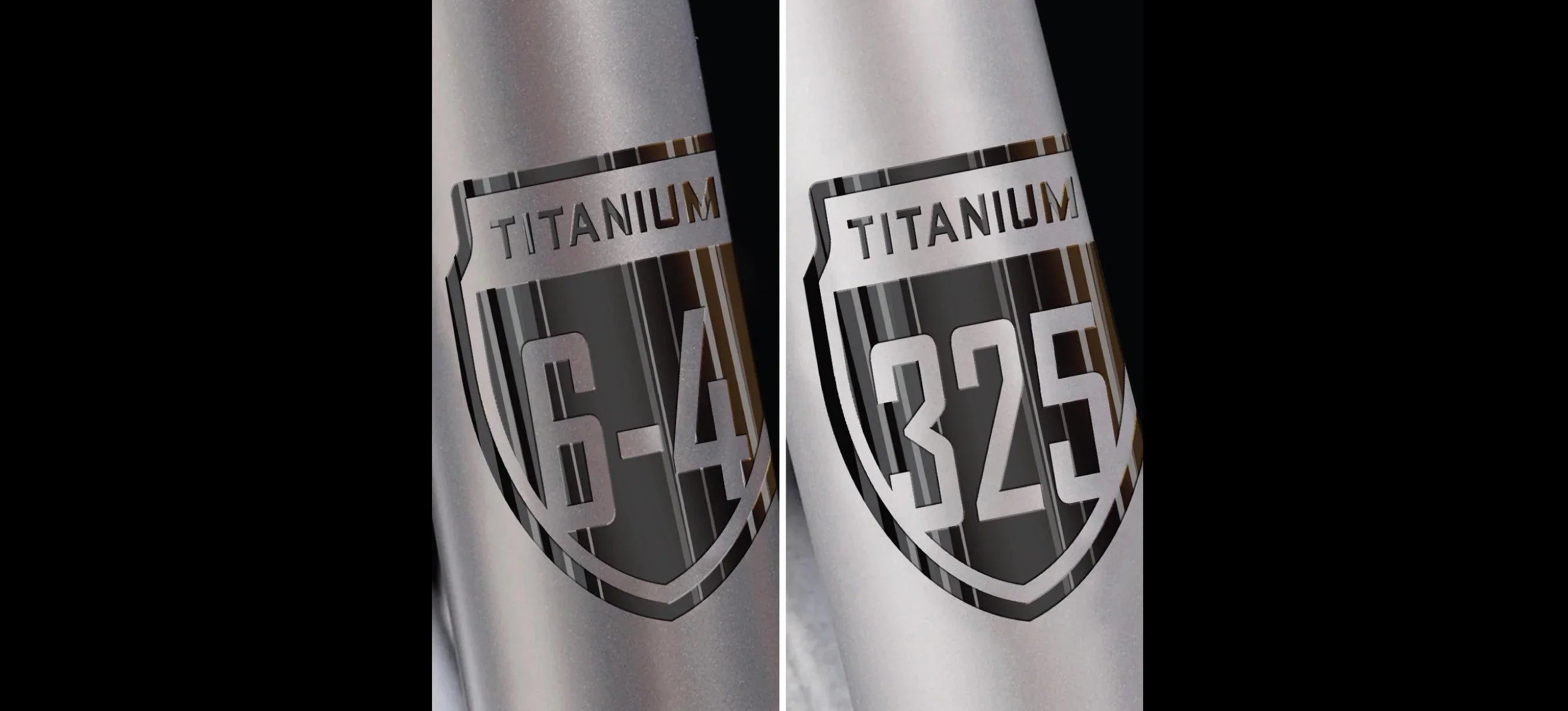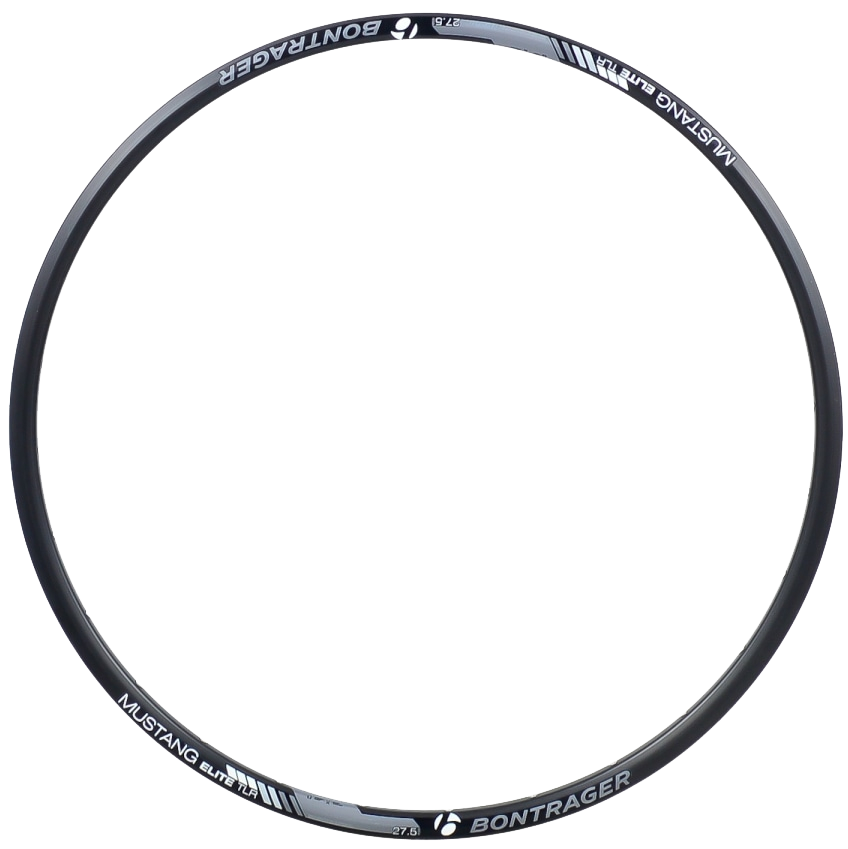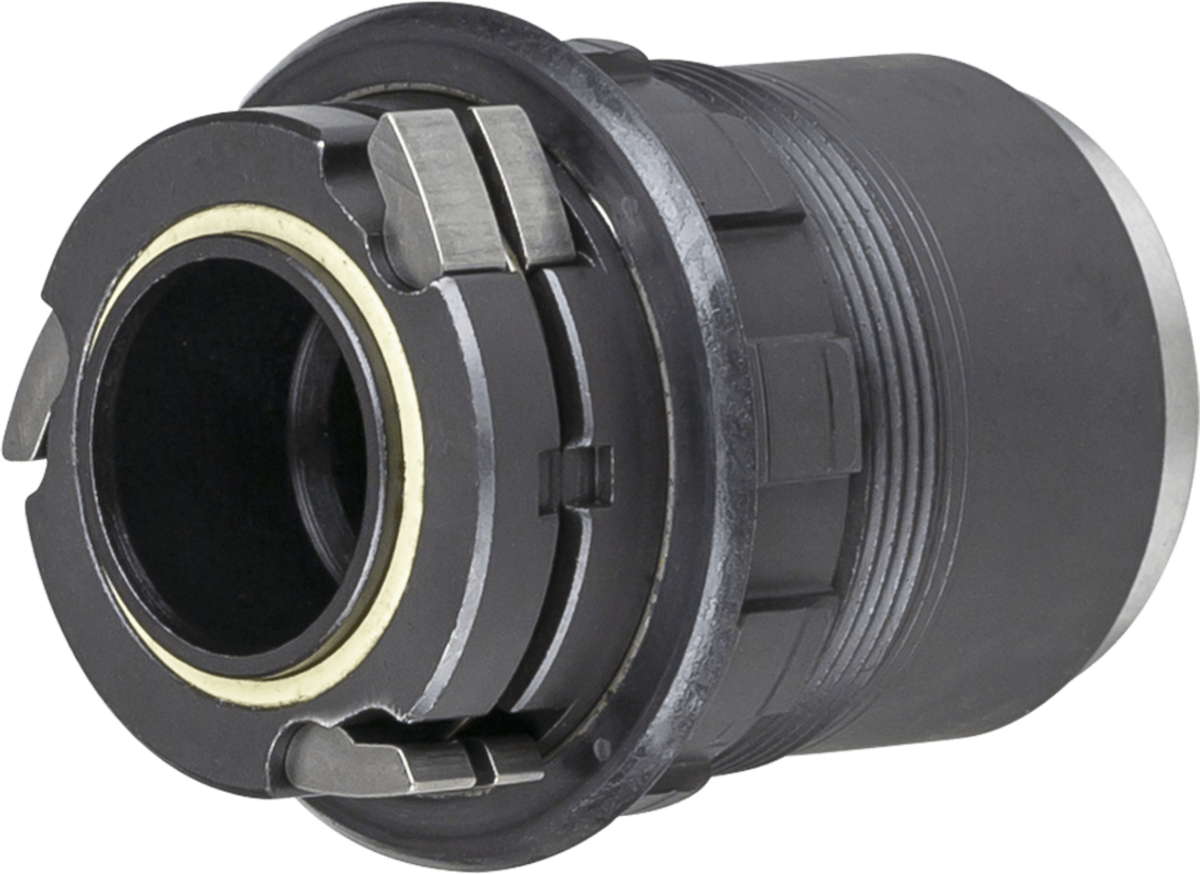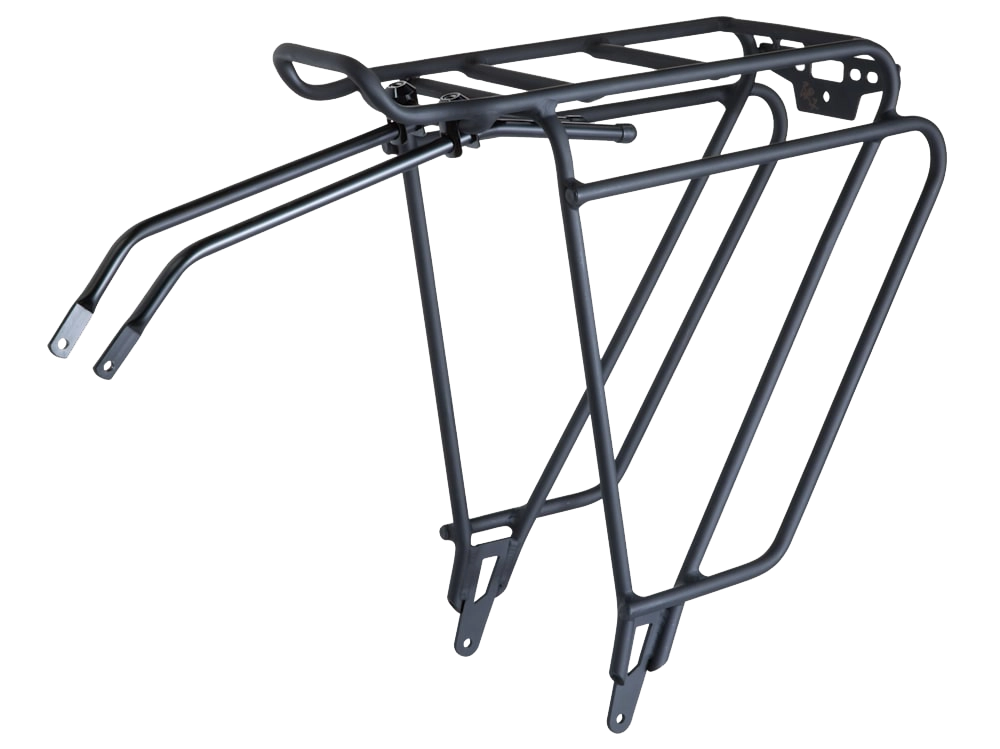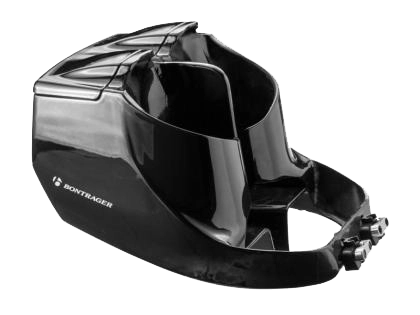Titanium: The Metal of the Future
Every material carries unique qualities and history, especially in the cycling world, where a variety of materials are used in frame production. Steel is renowned for its strength, aluminum for its lightness, and carbon fiber for its cutting-edge technology. However, there is another material highly regarded in engineering and global industries: Titanium.
Titanium was first discovered in 1791 by British geologist William Gregor. Later, German chemist Martin Heinrich Klaproth named it after the mighty “Titans” of Greek mythology, reflecting its extraordinary and powerful properties. Classified as a structural metal with exceptional characteristics, titanium is often praised as one of the most perfect materials on Earth.
Key Properties of Titanium
-
Lightweight yet strong – Titanium is about 40% less dense than steel but offers comparable strength, striking an excellent balance between weight and durability.
-
High toughness and flexibility – It is not brittle, resists fractures, and withstands impact and tensile stress effectively.
-
Corrosion resistance – Titanium does not rust and endures moisture, water, and even seawater thanks to its natural oxide layer that protects the surface.
-
Heat and extreme condition resistance – It maintains strength even under high temperatures and harsh environments.
-
Biocompatibility – Titanium is non-reactive to the human body, making it suitable for implants, dental roots, and medical devices.
Global Applications of Titanium
Thanks to its superior properties, titanium is widely used in industries requiring the highest standards of strength, lightness, and durability, such as:
-
Military aircraft and spacecraft structures
-
Jet engine components that must endure high pressure and temperature
-
Medical devices and implants
-
Engineering projects in highly corrosive environments, such as power plants and underwater construction
Titanium in Cycling
In the cycling industry, titanium is celebrated for combining the best of both steel and aluminum. Titanium bike frames are extremely strong yet lightweight, delivering a “smooth” and natural riding feel. They also resist corrosion and degradation, making them the dream material for cyclists seeking premium, long-lasting performance.
For all these reasons, titanium has earned its reputation as the “metal of the future” and continues to play a vital role in engineering, aerospace, medicine, and cycling—where strength, lightness, and durability must coexist in perfect harmony.


